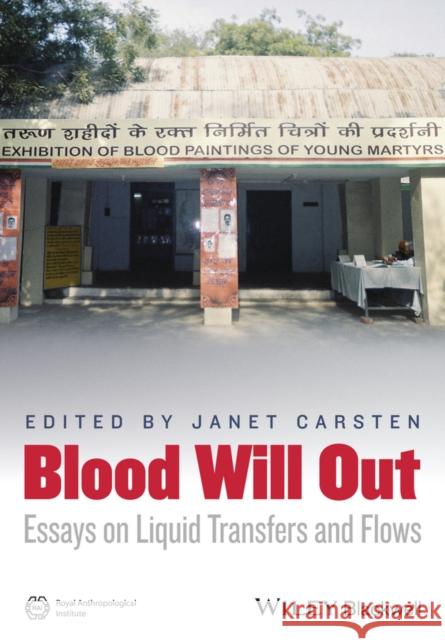Blood Will Out: Essays on Liquid Transfers and Flows » książka
topmenu
Blood Will Out: Essays on Liquid Transfers and Flows
ISBN-13: 9781118656280 / Angielski / Miękka / 2013 / 198 str.
Unique in focus and international in scope, this book brings together 10 essays about the material, metaphorical, and symbolic importance of blood.
- An interdisciplinary study that unites the work of noted historians and anthropologists
- Incorporates insights from recent work in symbolism, kinship studies, medical anthropology, the anthropology of religion, the sociological study of finance, and textual analysis
- Covers topics such as Medieval European conceptions of blood; blood and the brain; blood and the cultural study of finance; and blood types, identity, and association in twentieth-century America











